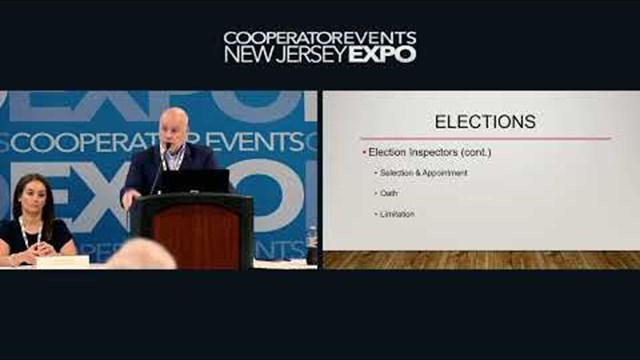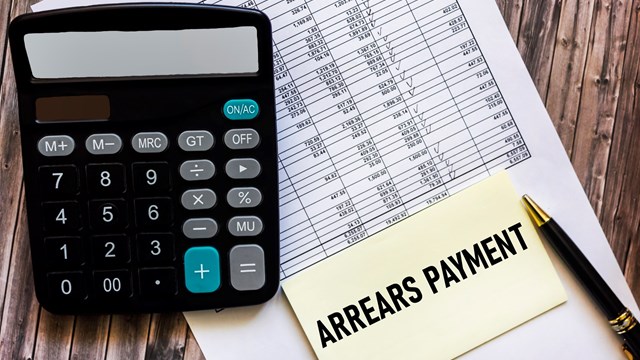
Q. Recently, our condo issued a ruling that any unit owner who is in arrears on their common charges cannot vote at the annual meeting. Our bylaws only say that each owner is entitled to one vote. No mention is ever made about denying them the right to vote. Doesn't this ruling require a change in the bylaws? This would require a 2/3 vote from the unit owners. The board also now charges delinquent accounts nine percent per month or 108 percent on an annual basis. Is this legal?
—One Man, One Vote?
A. “It is not uncommon for voting rights of a condominium unit owner to be suspended in the event of non-payment of common charges as a means to encourage association members to return to 'good standing',” explains Gemma M. Giantomasi, a counsel in the Real Estate Development and Land Use Group of the law firm of Chiesa Shahinian & Giantomasi, P.C., with offices in West Orange, Trenton and New York City. “While such a “good standing” requirement is not mandated by statute or otherwise, it may be established in the governing documents of the association. New Jersey Statute Section 15A:5-10 specifically permits the right to vote to be denied to the extent set forth in the certificate of incorporation or bylaws of the association. Further, recent case law has confirmed that this statute permits an association “to withhold voting rights from members that have not paid fines or assessments, provided that these limitations to voting rights are set forth in the governing documents of the Association.” Committee for a Better Twin Rivers v. Twin Rivers Homeowners’ Association, 383 N.J. Super. 22, 67 (2006). Both the statute and case law are clear in that unless so denied in the governing documents of the association, each member shall be entitled to vote on matters submitted to a vote of the members, notwithstanding payment of common charges.
“Therefore, if a 'good standing' requirement for voting is not included in an association’s governing documents, said governing documents, which include the bylaws, would have to be amended to incorporate such a requirement. In order for the bylaws of a condominium association to be amended, the amendment must be approved as specified by the amendment procedures as set forth in the bylaws. Note, the New Jersey Condominium Act (the “Condominium Act”) requires that the bylaws of every condominium association to set forth such amendment procedures. Once the amendment is adopted, the Condominium Act requires that said amendment be recorded in the office of the recording officer of the county where the condominium is located. N.J.S.A. 46:8B-13(d).
“With regard to your question about interest, please note the Condominium Act provides that the common charges assessed to any unit “shall bear interest from the due date set by the association at such rate not exceeding the legal interest rate as may be established by the association.” N.J.S.A. 46:8B-17. Further, if authorized by its master deed or bylaws, your association may also charge late fees, fines, and reasonable attorney's fees to a unit owner that is delinquent in its payment of common charges. N.J.S.A. 46:8B-21.”









Leave a Comment